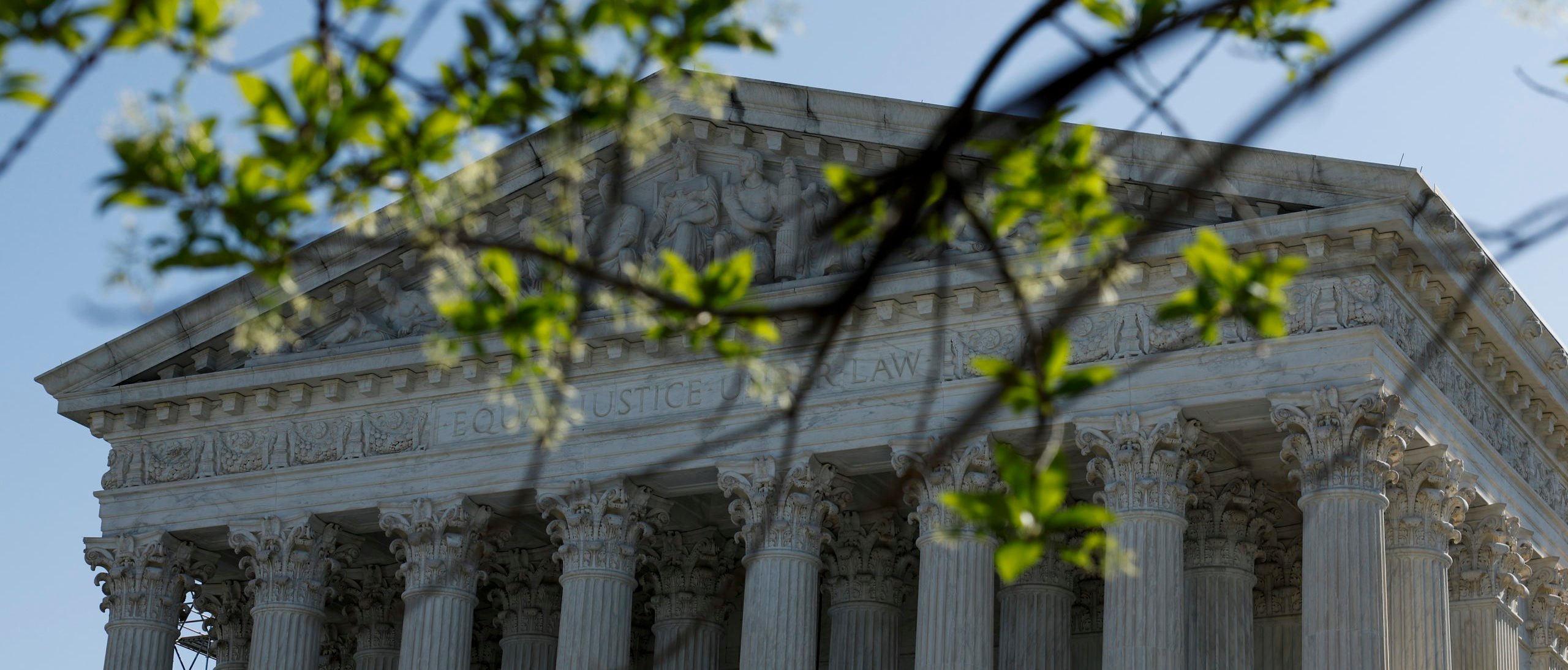1LoverofGod
Well-known
Andrew Bailey asked the Supreme Court Thursday to review a state court’s decision to remove Christian jurors from an employment discrimination lawsuit where the plaintiff identified as lesbian.
While the court found the jurors would be impartial, rejecting the argument of the plaintiff’s attorney that they would treat gay individuals as “less than everybody else,” it still removed the jurors “to err on the side of caution,” according to the petition. Now, Bailey is asking the Supreme Court to consider whether the Fourteenth Amendment prevents courts from removing jurors based on their religion.
“Jurors can be excluded, of course, if their religious views in fact make them biased – just like jurors can be excluded if their race or sex in fact makes them biased,” the petition notes. “But this Court’s precedents make clear that courts cannot assume, based on stereotypes about race or sex, that a person will be biased. The same should be true of religion.”
The employment discrimination lawsuit that sparked the issue involves Jean Finney, who sued her former employer, the Missouri Department of Corrections, over a coworker’s alleged retaliation against her after she entered a same-sex relationship with the coworker’s former spouse. Finney’s attorney asked jurors a series of questions to determine whether they held “conservative Christian” beliefs, moving to strike those who held “traditional religious views on sexuality,” according to the petition.
On appeal, the Missouri Court of Appeals determined the lower court had not violated the Constitution, holding that the jurors were removed for “religiously based beliefs” and not their “status as Christians,” according to the petition.
Bailey says the court’s reasoning has “no limiting principle,” according to the petition.
“If religious jurors determined by the court to be fair can be struck simply because the case happens to involve a lesbian plaintiff, then to ‘err on the side of caution,’ a court could categorically strike all Mormons from a contract dispute involving a sports bar because their religious views on alcohol,” he wrote. “It could automatically strike Jews in a tort case involving a party operating a motor vehicle on a Saturday. And it could automatically strike Muslims from a case involving underpaying employees at a restaurant that serves pork.”
More

 dailycaller.com
dailycaller.com
While the court found the jurors would be impartial, rejecting the argument of the plaintiff’s attorney that they would treat gay individuals as “less than everybody else,” it still removed the jurors “to err on the side of caution,” according to the petition. Now, Bailey is asking the Supreme Court to consider whether the Fourteenth Amendment prevents courts from removing jurors based on their religion.
“Jurors can be excluded, of course, if their religious views in fact make them biased – just like jurors can be excluded if their race or sex in fact makes them biased,” the petition notes. “But this Court’s precedents make clear that courts cannot assume, based on stereotypes about race or sex, that a person will be biased. The same should be true of religion.”
The employment discrimination lawsuit that sparked the issue involves Jean Finney, who sued her former employer, the Missouri Department of Corrections, over a coworker’s alleged retaliation against her after she entered a same-sex relationship with the coworker’s former spouse. Finney’s attorney asked jurors a series of questions to determine whether they held “conservative Christian” beliefs, moving to strike those who held “traditional religious views on sexuality,” according to the petition.
On appeal, the Missouri Court of Appeals determined the lower court had not violated the Constitution, holding that the jurors were removed for “religiously based beliefs” and not their “status as Christians,” according to the petition.
Bailey says the court’s reasoning has “no limiting principle,” according to the petition.
“If religious jurors determined by the court to be fair can be struck simply because the case happens to involve a lesbian plaintiff, then to ‘err on the side of caution,’ a court could categorically strike all Mormons from a contract dispute involving a sports bar because their religious views on alcohol,” he wrote. “It could automatically strike Jews in a tort case involving a party operating a motor vehicle on a Saturday. And it could automatically strike Muslims from a case involving underpaying employees at a restaurant that serves pork.”
More

SCOTUS Asked To Review State Court’s Decision To Remove Jurors With ‘Conservative Christian’ Beliefs
Missouri Attorney General Andrew Bailey asked the Supreme Court Thursday to review a state court's decision to remove Christian jurors from an employment discrimination lawsuit.
